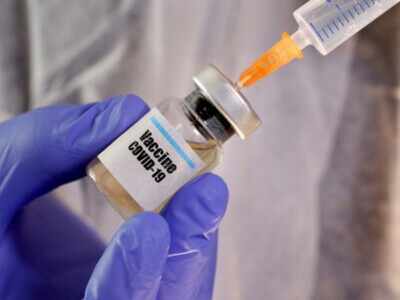
Antibodies have become a familiar word in the pandemic era, perhaps suggesting they’re the best hope for keeping the coronavirus at bay. But when crucial vaccine data was released this week, the spotlight panned to an unsung immune player: T cells. AstraZeneca, Pfizer and Bio-NTech, as well as China’s Can-Sino Biologics all hailed the presence of these white blood cells in vaccine recipients. .
Scientists first focused on antibodies — proteins that stick to and disable foreign invaders — because eliciting them is the basis for most successful vaccines. But studies showing they wane quickly in Covid-19 patients dealt a blow.
T cells, by contrast, are able to kill virus-infected cells, remember past diseases for decades, and rouse fresh antibody soldiers long after the first have left the battlefield. People infected with another coronavirus that was responsible for the Sars epidemic in 2003 still have a T-cell response to the disease 17 years later.
One study found that some patients with no Covid symptoms had T-cells that recognised the virus — even when they had no detectable antibodies. Another pointed to a level of immunity in people who never encountered the pathogen, possibly because of exposure to one or more of the coronaviruses. More research is needed to determine whether preexisting T cells that cross-react with the SARS-CoV-2 virus may explain why some Covid patients are barely affected while others get very sick and even die. What’s clear is that a balance of both antibodies and T cells is necessary for optimal defence.
Scientists first focused on antibodies — proteins that stick to and disable foreign invaders — because eliciting them is the basis for most successful vaccines. But studies showing they wane quickly in Covid-19 patients dealt a blow.
T cells, by contrast, are able to kill virus-infected cells, remember past diseases for decades, and rouse fresh antibody soldiers long after the first have left the battlefield. People infected with another coronavirus that was responsible for the Sars epidemic in 2003 still have a T-cell response to the disease 17 years later.
One study found that some patients with no Covid symptoms had T-cells that recognised the virus — even when they had no detectable antibodies. Another pointed to a level of immunity in people who never encountered the pathogen, possibly because of exposure to one or more of the coronaviruses. More research is needed to determine whether preexisting T cells that cross-react with the SARS-CoV-2 virus may explain why some Covid patients are barely affected while others get very sick and even die. What’s clear is that a balance of both antibodies and T cells is necessary for optimal defence.
Download
The Times of India News App for Latest World News

Coronavirus outbreak
Trending Topics
LATEST VIDEOS
More from TOI
Navbharat Times
Featured Today in Travel
Get the app









